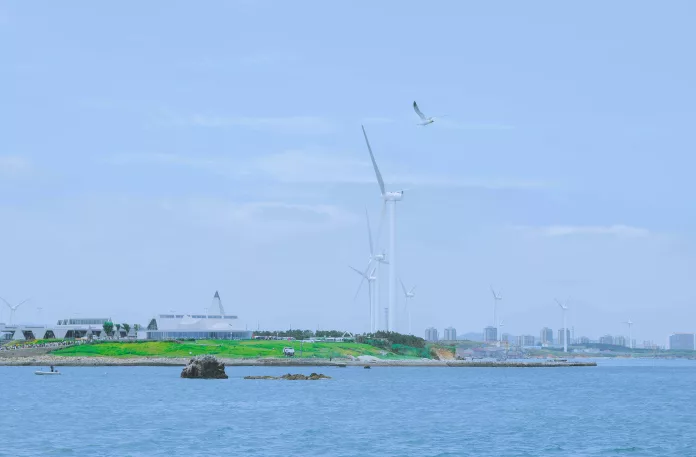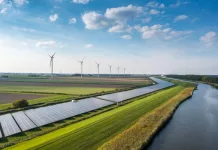The State of Florida is taking preemptive action against an industry that essentially does not exist within its borders: offshore wind power. With abundant sunshine, Florida excels as a solar energy leader but lacks the wind resources that other states benefit from. This has naturally resulted in an absence of wind farms, both on the land and in the waters surrounding the state.
Legislation Aimed to Maintain Status Quo
Despite the lack of a burgeoning offshore wind industry, the Florida legislature is moving forward with a bill, HB 1645, designed to officially ban the installation of wind turbines in state-controlled aquatic territories. The proposed legislation specifies what constitutes a wind turbine and sets a blanket prohibition on these structures within one mile of the coastline and throughout state waters, which extend to distances of three nautical miles into the Atlantic and nine miles into the Gulf of Mexico.
A Comparative Look at Florida and Maine
Maine, another coastal state, took a similar stance against nearshore wind farms for reasons of preserving maritime pursuits and scenery, but with a distinct difference. Maine’s waters are significantly windier, compelling the state to explore offshore wind farm development in federal waters while still allowing transmission cables to pass through state-controlled areas. Florida’s bill proposes to prevent even these cables from traversing its waters.
The Debate over Visual and Environmental Impact
Arguments from Florida legislators, like House Speaker Paul Renner and State Senator Jay Collins, hark back to the undesirability of disruptive coastal views and potential environmental harms. Collins, for instance, alludes to purported threats to marine life such as whales, a point countered by the fact that the primary dangers to these creatures stem from shipping and the broader effects of climate change.
Implications for Climate Change and Natural Gas Oversight
Beyond limiting offshore wind infrastructure, HB 1645 touches upon climate change, aiming to erase much of its mention within existing state statutes. This move comes amidst the global push to acknowledge and address climate issues—a push that seems at odds with Florida’s legislative direction. Furthermore, the bill seeks to relax regulations surrounding natural gas pipelines, a move that could have significant environmental implications.
All these measures, including the wind turbine ban and relaxed pipeline regulations, reflect a broader legislative agenda that places a heavy emphasis on maintaining traditional energy sources and the current appearance of Florida’s coastlines, while sidelining renewable energy expansion and the overarching challenges presented by climate change.

























